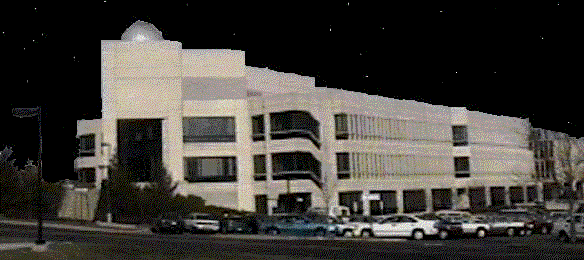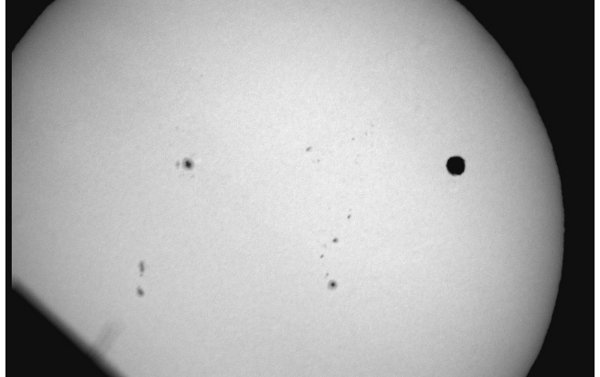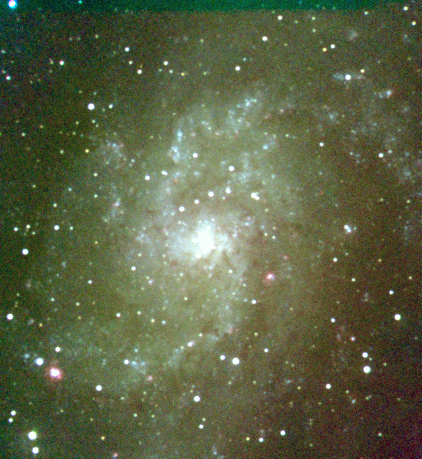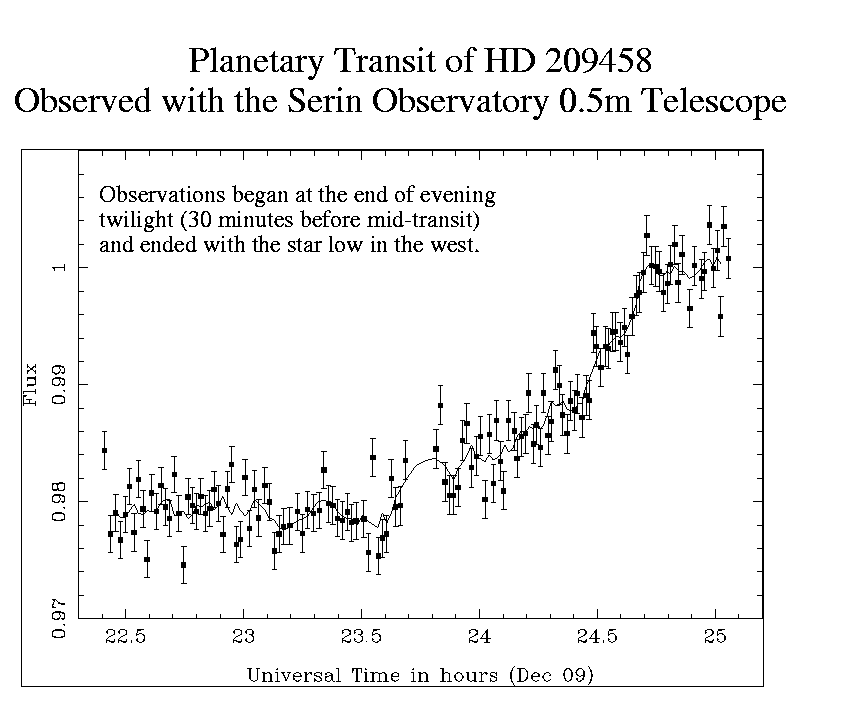Robert A. Schommer Astronomical
Observatory
Rutgers, The State University of
New Jersey
<\H3>

Please refresh your web browser to ensure that you are reading the most recent update.
Special Public Open Night (weather permitting)
Thursday, 26 February 2026, 08:30 p.m. EST to 10:30 p.m. EST
Status (as of 20 February 2026, 04:15 a.m. EST): Will be held, weather permitting.
If you have any questions about the Public Open Nights, please call 732-735-5483 and leave a voice message. Your call will be returned.
For general information, please call 848-445-8973 (08:30 a.m. to 04:30 p.m.).
Schedule of Public Open Nights (weather permitting)
February 2026
second Thursday (February 12th): M31, Almach, NGC 457,
h & χ Persei, η Persei, M45, M42, Betelgeuse, Sirius,
Uranus, and Jupiter
third Thursday (February 19th): M31, Almach, NGC 457,
h & χ Persei, η Persei, M45, M42, Betelgeuse, Sirius,
Uranus, and Jupiter
fourth Thursday (February 26th): M31, Almach, NGC 457,
h & χ Persei, η Persei, M45, M42, Betelgeuse, Sirius,
Uranus, Jupiter-Moon appulse, and the Moon (waxing gibbous)
March 2026
second Thursday (March 12th): Almach, NGC 457,
h & χ Persei, η Persei, M45, M42, Betelgeuse, Sirius, Arcturus,
Uranus, and Jupiter
third Thursday (March 19th): Almach, NGC 457,
h & χ Persei, η Persei, M45, M42, Betelgeuse, Sirius, Arcturus,
Uranus, and Jupiter
fourth Thursday (March 26th): Almach, NGC 457,
h & χ Persei, η Persei, M45, M42, Betelgeuse, Sirius, Arcturus,
Uranus, Jupiter-Moon appulse, and the Moon (waxing gibbous)
April 2026
second Thursday (April 09th): h & χ Persei,
η Persei, M45, M42, Betelgeuse, Sirius, Arcturus, M5, M13,
Venus, Uranus, and Jupiter
third Thursday (April 16th): h & χ Persei,
η Persei, M45, M42, Betelgeuse, Sirius, Arcturus, M5, M13,
Venus, Uranus, and Jupiter
fourth Thursday (April 23rd): h & χ Persei,
η Persei, M45, M42, Betelgeuse, Sirius, Arcturus, M5, M13,
Venus-Uranus appulse, Jupiter, and the Moon (first quarter)
May 2026
second Thursday (May 14th): Arcturus, M5, Antares, M13,
Vega, Deneb, Albireo, M57, Venus, and Jupiter
third Thursday (May 21st): Arcturus, M5, Antares, M13,
Vega, Deneb, Albireo, M57, Venus, Jupiter, and the Moon (waxing crescent)
fourth Thursday (May 28th): Arcturus, M5, Antares, M13,
Vega, Deneb, Albireo, M57, Venus, Jupiter, and the Moon (waxing gibbous)
June 2026
second Thursday (June 11th): Arcturus, M5, Antares, M13,
Vega, Deneb, Albireo, M57, M11, Mercury, and Jupiter-Venus appulse
third Thursday (June 18th): Arcturus, M5, Antares, M13,
Vega, Deneb, Albireo, M57, M11, Mercury, Jupiter, and the Moon (waxing crescent)
fourth Thursday (June 25th): Arcturus, M5, Antares, M13,
Vega, Deneb, Albireo, M57, M11, Mercury, Jupiter, and the Moon (waxing gibbous)
July 2026
second Thursday (July 09th): Arcturus, M5, Antares, M13,
Vega, Deneb, Albireo, M57, M11, and Venus-Regulus appulse
third Thursday (July 16th): Arcturus, M5, Antares, M13,
Vega, Deneb, Albireo, M57, M11, Moon-Regulus appulse, Venus, and the Moon (waxing crescent)
fourth Thursday (July 23rd): Arcturus, M5, Antares, M13,
Vega, Deneb, Albireo, M57, M11, Venus, and the Moon (waxing gibbous)
Public Observing at the Robert A. Schommer Astronomical Observatory
Members of the Rutgers University community and the general public are invited to observe the night sky through the 20-inch optical telescope of the Robert A. Schommer Astronomical Observatory on the second and fourth Thursdays of every month, weather permitting. The observatory is open for two hours starting at 8:30 p.m. (October through March) or starting about one hour after sunset (April through September, when it is not yet dark at 8:30 p.m.).
Observing will be canceled for that night if the skies are cloudy at the beginning of the observing session. Please check this web-site for the most up-to-date information.
Naked-eye visibility of satellites from the Robert A. Schommer Astronomical Observatory may be found at the Heavens-Above Main Page .
Location
The Robert A. Schommer Astronomical Observatory is located in the dome on the roof of the Serin Physics Laboratories on the corner of Frelinghuysen Road and Allison Road on the Busch Campus of Rutgers, the State University of New Jersey. Our address is 136 Frelinghuysen Road, Piscataway, NJ and directions to our building are available. The public can park in lot 53 (between the building and the street) or lot 53A (about one block east on the other side of Frelinghuysen Road), but should obtain an electronic permit beforehand. To obtain the permit, follow this link. Rutgers faculty, staff, and students do not need to obtain an additional permit, but should only park in lots allowed by their existing parking permits (in most cases, this does NOT include lot 53). Enter the doors on the west end of the building (facing Allison Road) and take the stairs (left or right sides of the lobby) or the elevator (left side of the lobby) to the fourth floor.
Scientific
Highlights
Transit of Venus -- June 05, 2012

This image was taken at 08:03 p.m. EDT through a narrow gap in the clouds during the only few minutes that the transit was visible at the Schommer Observatory. The dark band in the lower-left corner of the image is the roof of the Pharmacy Building. The edge of the silhouette of Venus is ragged because of blurring by the Earth's atmosphere -- the Sun was only 3.3 degrees above the horizon. The 20-inch telescope was stopped down to a 4-inch aperture covered with a Baader solar filter. This single-color image was taken through an SBIG STL-11000M camera with a V-band (green) filter and an exposure time of 0.05 sec.
The Triangulum
Galaxy, Messier 33 (M33)
 ALIGN=top>
ALIGN=top>
 ALIGN=top>
ALIGN=top>This color image was created by combining three images taken through blue, green, and red (B-, V-, and R-band) images taken with the CCD camera on the 20-inch telescope of the Schommer Observatory.
